Industrial innovation
Innovation at the heart of the factory
In the Factory 4.0 era, production lines are intelligent entities capable of autonomy and communication. The use of sensors guarantees proactive management.
PCB technologies
Key PCB applications in industry
PCB technologies meet the performance, miniaturization and reliability needs of electronic circuits.
Icape-group.com‘s printed circuit boards are made up of layers of copper etched onto a substrate. They can be found in a variety of electronic devices, such as computers, telephones, televisions, medical equipment, etc. You can find several PCB technologies on the market, depending on the number of copper layers, the density of the tracks and the flexibility of the insulating material.
Single-sided PCBs
Double-sided PCBs
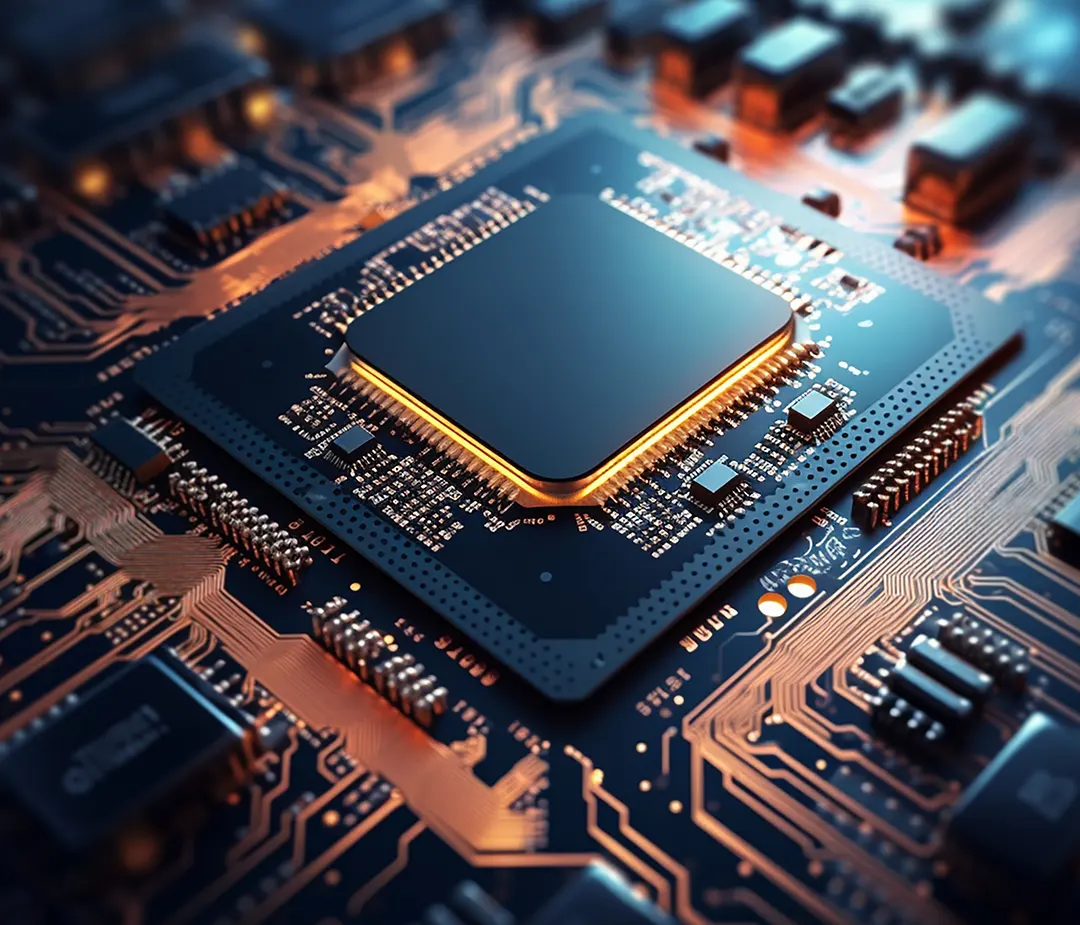
Multilayer PCBs are used to design highly demanding applications such as satellites.
Quality fundamentals
Process engineering: manufacturing and control under the microscope
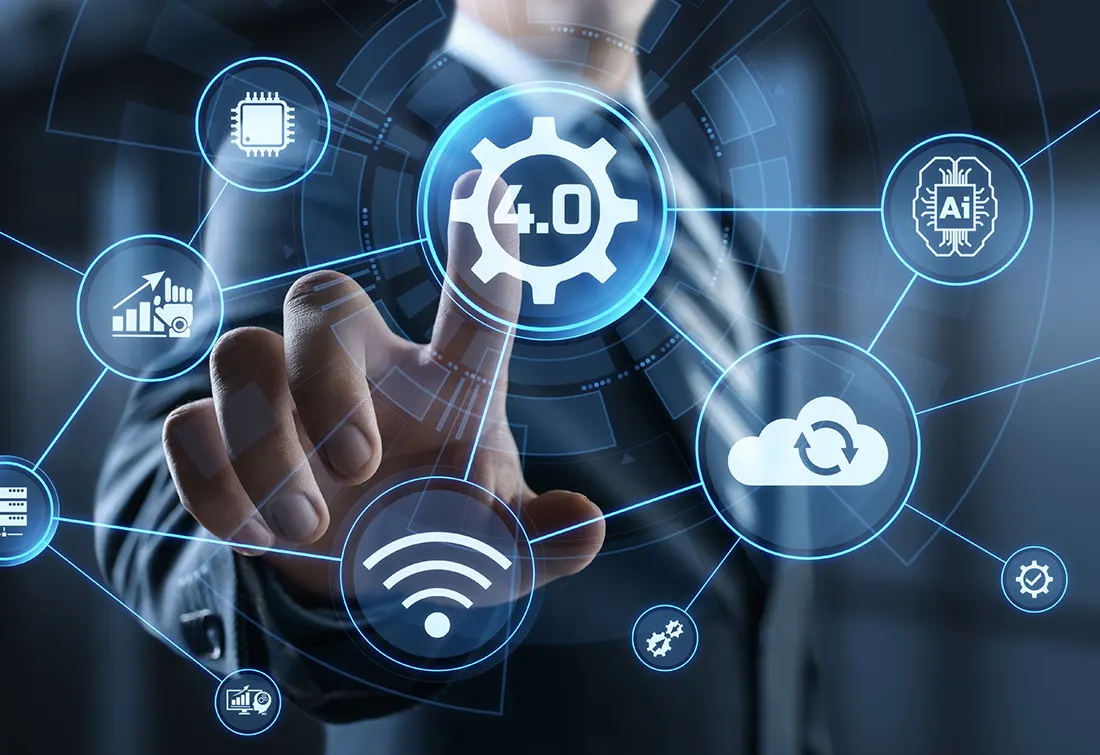

Manufacturing 4.0
Industry 4.0 is characterized by the use of sensors and connected devices that collect and transmit data in real time.
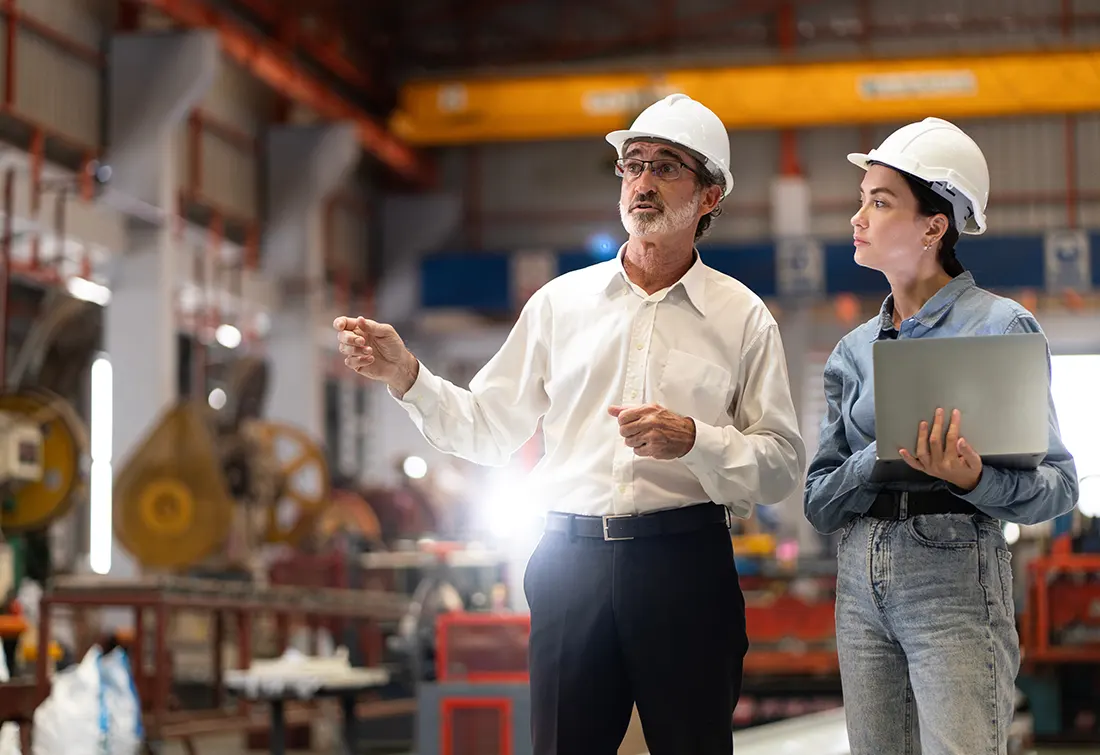

Production management
Successful production management requires machines and workers to work in harmony.
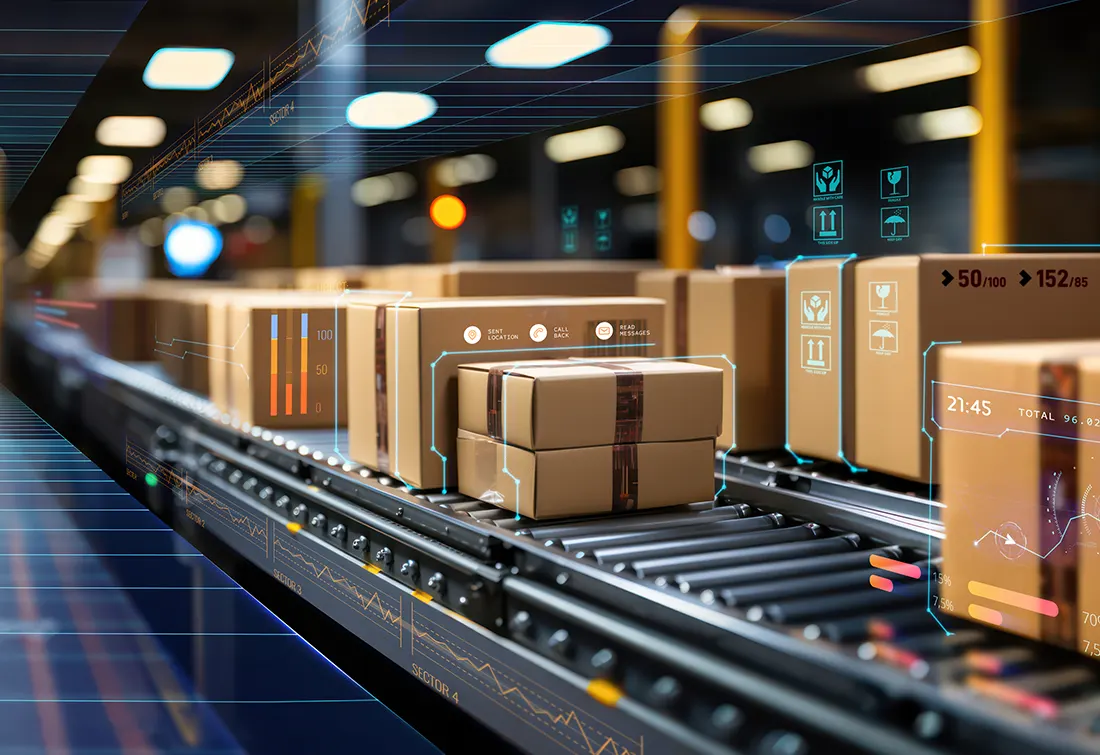

Production chain
The production chain transforms raw materials into finished products. By using AI and IoT, the company benefits from unprecedented possibilities.
Industry 4.0
Technologies redefine the industry
The fourth industrial revolution of smart factories adapts to customer needs, optimizes resources, reduces costs and risks… Whatever their sector of activity, Industry 4.0 offers several advantages to industrial companies. It enables them to differentiate themselves from the competition through the production of customized, innovative items, visit industriandesign.com for more details.
Towards intelligent automation
What are three examples of automation?
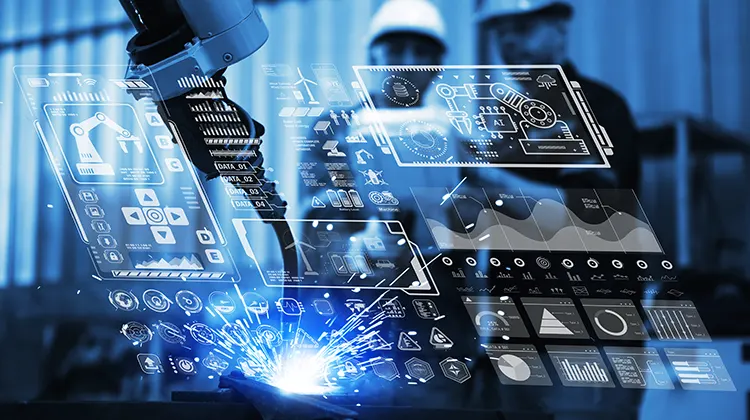
Artificial Intelligence (AI) and machine learning
AI is used in speech recognition and natural language processing. As for machine learning, it is used in personalized recommendations and the production of autonomous cars.
Robotic Process Automation (RPA)
Thanks to RPA, robots working in harmony free human teams from repetitive tasks. Employees can focus on more creative tasks.
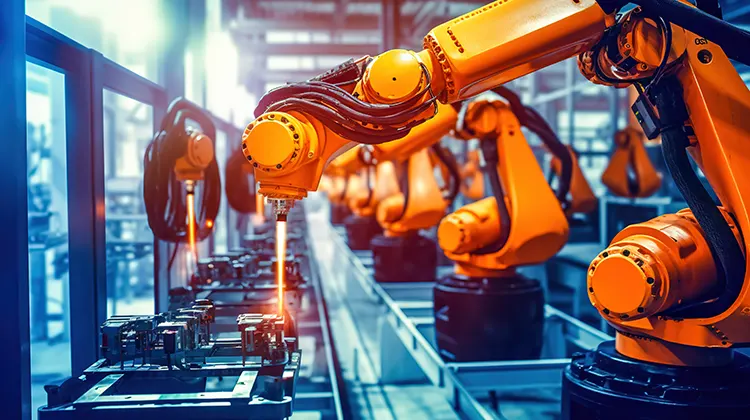
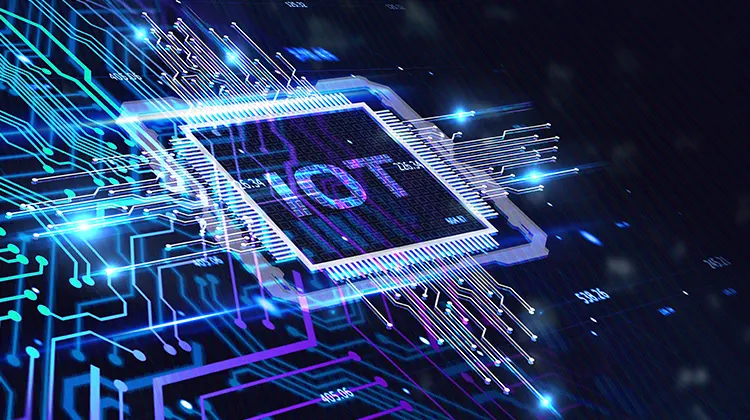
IoT (Internet of Things) in industrial automation
IoT is radically transforming industrial automation. This tool enables machines to adjust their performance to create operational harmony. Interconnectivity paves the way for unrivalled flexibility, more on b2bindustry-machinery.com.
Smart factories
Diving into the Industrial Internet of Things (IIoT)

Sensor integration
Sensors are electronic components that transform the way we interact with the digital world.


Data analysis
Companies use data analysis to anticipate market trends. This tool is also useful for scientists.


Connectivity in manufacturing
The interconnected factory makes connectivity a catalyst for a new manufacturing era. Intelligent communication improves operational efficiency.

The future of production
The essential integration of robotics
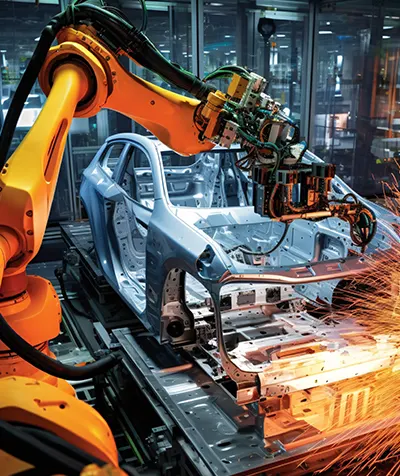
Automotive industry
Electric motors are silent, ecological and efficient. They are the driving force behind change.
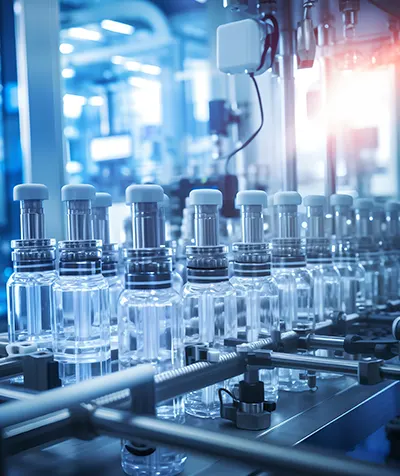
The medical industry
The medical industry is evolving with advances that are redefining standards: revolutionary treatments, cutting-edge medical devices…
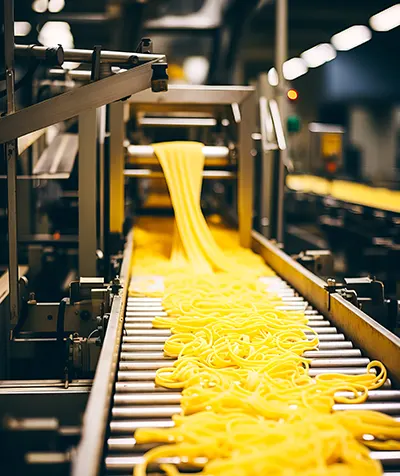
Food industry
The food industry competes with ingenuity. Each breakthrough reflects the quest for new taste experiences.